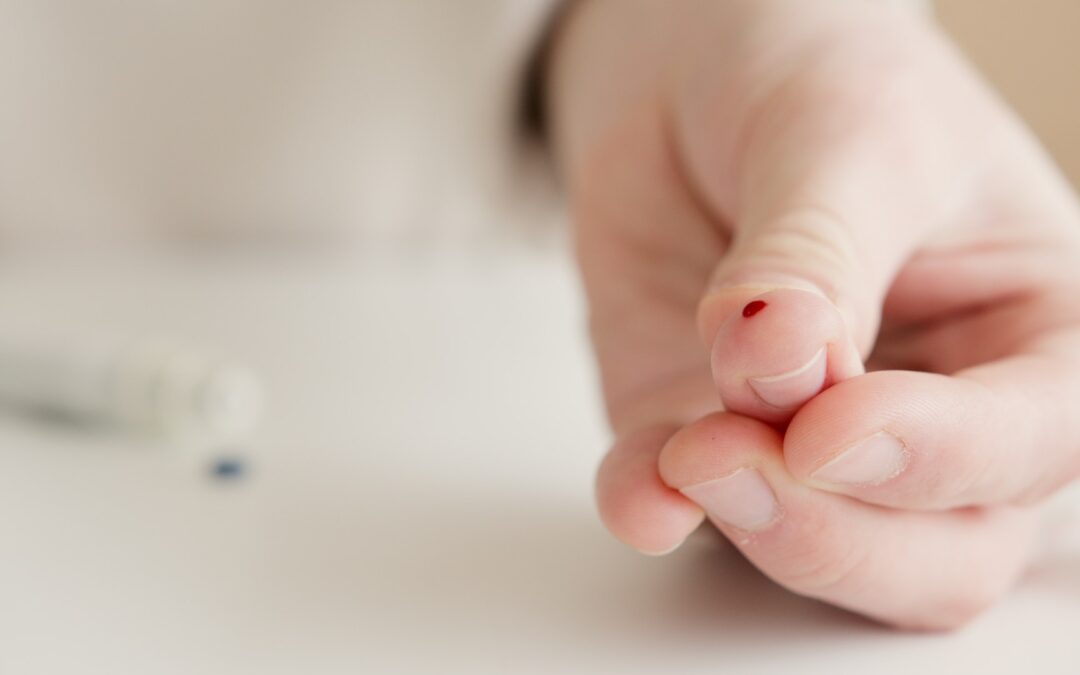Finding the right antidepressant can be a trial-and-error process. One antidepressant might work well for some people but not at all for others. This process can take a long time to figure out, so it is important to stay engaged and remain persistent. To gauge effectiveness, an individual needs to have been taking the medication for at least four to eight weeks before determining if it is working or if another course of action is needed. This can be incredibly frustrating if this process needs to be repeated multiple times in order to land in a comfortable place where the medication is managing symptoms without bothersome side effects.
When it comes to depression treatment, everything might be about to change as new research has identified a biomarker in the blood that could revolutionize how depression is diagnosed and treated. Professor and neuroscientist, Mark Rasenick, has spent the greater part of 40 years trying to demonstrate that depression is “not just in your head.” Rasenick and his team from the University of Illinois have found that a particular protein in the platelets of patients with depression gets stuck.
This particular protein is a G-protein, and its job is to relay messages from hormones and neurotransmitters to the inside of the cell. When conducting their study, the researchers looked at blood samples from patients taking the same amount of antidepressant medication. With the individuals who experienced improvement, the G-protein broke free. For those who did not improve, the G-protein remained stuck.
What Rasenick has discovered with regards to identifying the presence of depression and indications of a therapeutic response is something that has not existed to date. This breakthrough will hopefully allow for the use of a blood test to determine if antidepressant medications are working, perhaps as soon as one week after beginning treatment. This will greatly expedite the current timeframe of weeks to months in order to see results with antidepression medication treatments.
Contact VIP Ketamine Clinics

